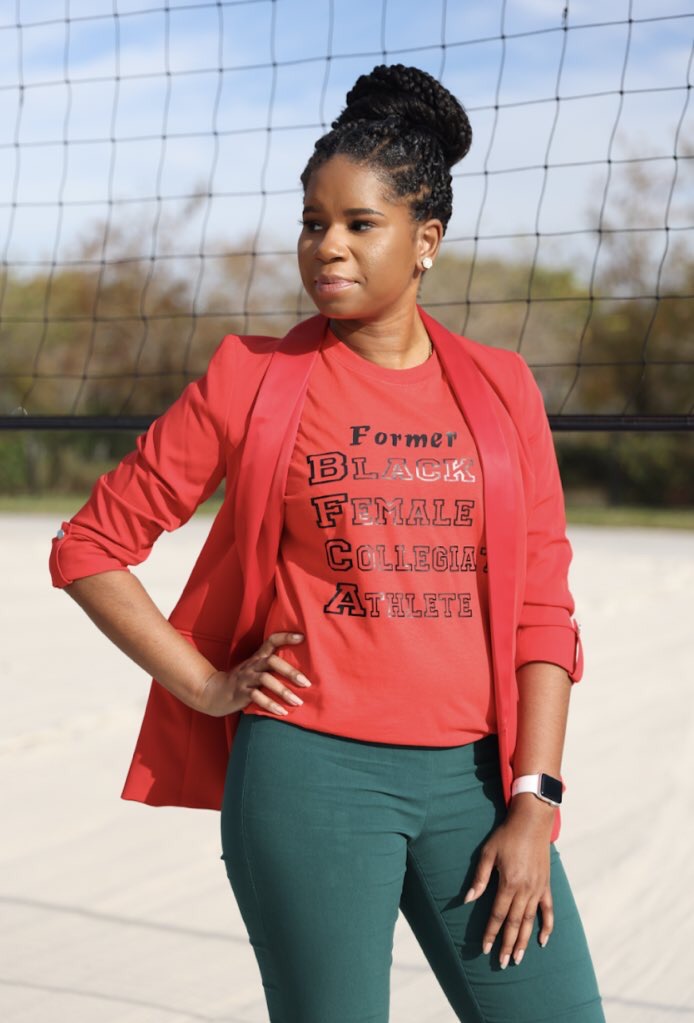I'm Not A Super Hero, I'm an Athlete and I'm Human
- Welcome To BFCA Experience LLC
- Nov 6, 2020
- 3 min read

While watching ESPN on YouTube I came across an interview with Dwayne Wade discussing his retirement. Rachel Nichols from ESPN began to highlight that basketball has created the structure of how Wade has lived his life. Nichols says, "When you walk away from sports you walk away from your entire life." At this point my mind immediately reflected back on my experience as a collegiate athlete. I was far from the professional avenue, but the psychological shift was something that truly required better preparation.
What research shows is that an athlete's needs are often overshadowed by their talent and the visibility of the jersey (Carson-Owens, 2015). The jersey or athletic clothing provides an external appearance of strength the same way that Superman or Wonder Woman does. Has anyone ever stop to see if Superman debriefed his day? Has anyone ever asked how Wonder Woman coped with sacrificing herself to rescue others, followed by not a single person offering to rescue her? Seems far fetched right? The impact of sports connects with a large population, because everyone wants to win at something. However, the crisis for the athlete occurs when the armor of the jersey comes off and the superhero power fades.
On October 26, 2007 I entered the gym for my Senior Night at Bethune-Cookman University. Senior night is the last home game for a student-athlete, however for me this was the beginning of my career closure. I entered the gym with sadness, but excitement that my Grandmother was there to see me play volleyball for the first time ever! It was nothing short of amazing! This night my statistics included a career high for double digits in kills and a win that led us to the Regional Conference. We prepared for the MEAC Conference with excitement and determination, but on November 10, 2007 my entire world changed.
On November 10th while riding back from an away game on the team bus, I received a phone call from a former teammate that my Junior College Coach lost her battle to cancer at the age of 36. The entire night and ride was and is still a blur. Not only was I losing my athletic identity, but I lost a person who opened the door for the next chapter of my athletic career. She was one of the few who believed that I could make it to Division 1 volleyball. At this point my jersey had no powers and athletics provided no support. I was human, I was in pain, and I needed someone to show up for me like I showed up for the sport. The issue wasn't just the denial of the journey ending, but it was having to face and accept that both losses were permanent. For the first time in my athletic career my physical and mental focus could not reverse what was happening. This was the first time I felt I could not come back from a loss.
I share this story because I'm now a Social Worker. My athletic journey caused me to suppress who I was as a person in order to uphold the athletic identity. Today I am the person that I needed while in college. Today I am earning my PhD to help student-athletes through the transition phase. Today I am the person who understands grief. Today I am the person who understands that life after sports is the true game. Today I am the person that wants to know about your past, present and future. Today I am the person who says that losing a game only prepares you to win at life. Today I am the social worker who wants collegiate athletes to know they are seen, heard, and valued beyond the sport.
I hope that through this article you are inspired and motivated to help student-athletes beyond their athletic ability.
Marlene "Marley" Holmes PhD Student, RCSW, MSW
Reference
Owens, Tawanda Patricia Carson. "African-American student-athletes' perception of engagement at a Division One predominantly White institution." PhD (Doctor of Philosophy) thesis, University of Iowa, 2015.


Comments